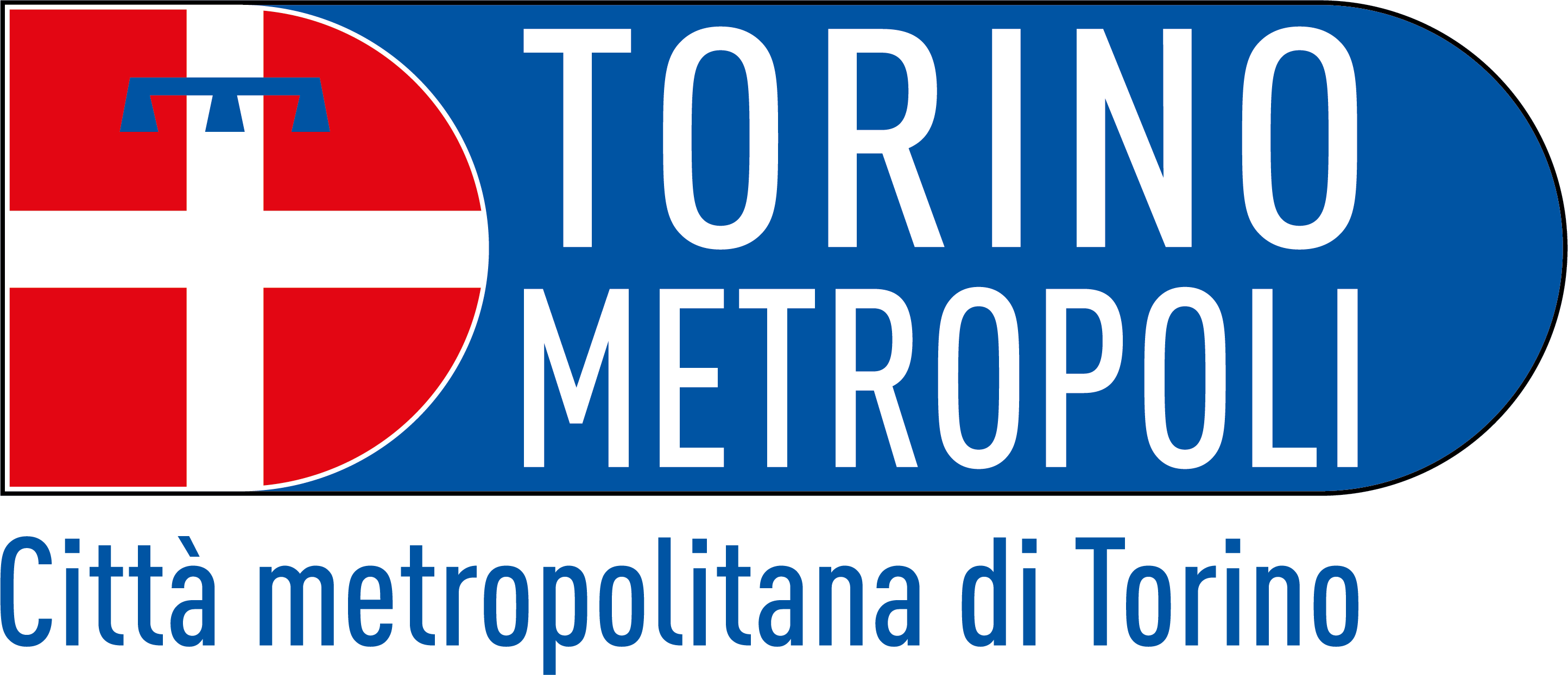In a significant move to counter the widespread phenomenon of "greenwashing," the European Parliament has recently approved a directive aimed at ending deceptive business practices and promoting environmental responsibility by companies. Greenwashing, an increasingly prevalent marketing strategy, sees numerous companies, especially multinational corporations, portraying their activities as eco-friendly without making substantial changes to sustainability throughout the entire production and distribution chain. In other words, greenwashing involves unjustifiably claiming a positive ecological footprint, using terms such as "eco-friendly" or "green" to attract consumers without making real changes.
If you wish to explore this topic further, we invite you to refer to the previously published article that provides an in-depth overview of the greenwashing phenomenon.
In November, European deputies ratified the directive, solidifying Europe's position as the strictest region in overseeing and regulating ecological statements disseminated to the public, with the determined goal of combating greenwashing and product obsolescence programming. The regulation, projected to take effect by 2026, aims to empower consumers by simplifying their choices and guiding them toward more sustainable options: eliminating misleading statements on product labels will facilitate more informed purchasing decisions.
The main provisions focus on key prohibitions, such as the use of expressions like "climate-neutral", "natural", "eco" or "ecological", "biodegradable" on products unless companies clearly demonstrate exceptional environmental performance. The decree imposes bans on emission offsetting, with the intention of preventing the use of questionable carbon accounting practices. Restrictions on the use of green labels not from approved certifications, unverified durability claims, and solicitations to prematurely replace consumables are also applied. Deceptive presentation of software updates as essential when they only enhance functionalities, and the claim of goods as repairable when they are not, are prohibited.
Furthermore, the directive aims to prevent misleading statements regarding the entire product when they only apply to part of it. It will also be prohibited to assert that the life of a product is of a certain length or that it can be used at a certain level of intensity if that is not true.
To simplify product information, only sustainability labels based on official certification systems or established by public authorities are expected to be authorized.
With the approval of this directive, the European Union takes a leading role in protecting consumers from misleading information and promoting more responsible business practices. Through targeted bans and strictly enforced regulations, a future is outlined where consumers can make informed and sustainable choices, thus contributing to a transition towards a more conscious economy.
Lorenzo Nigro
Read also
Greenwashing: what it is and how the EU is countering it (Beataladifferenziata)
For further informations
Greenwashing, the EU bans misleading labels and planned obsolescence: what the new legislation provides (Green & Blue)
Greenwashing: towards new rules on sustainable products (European Parliament)
